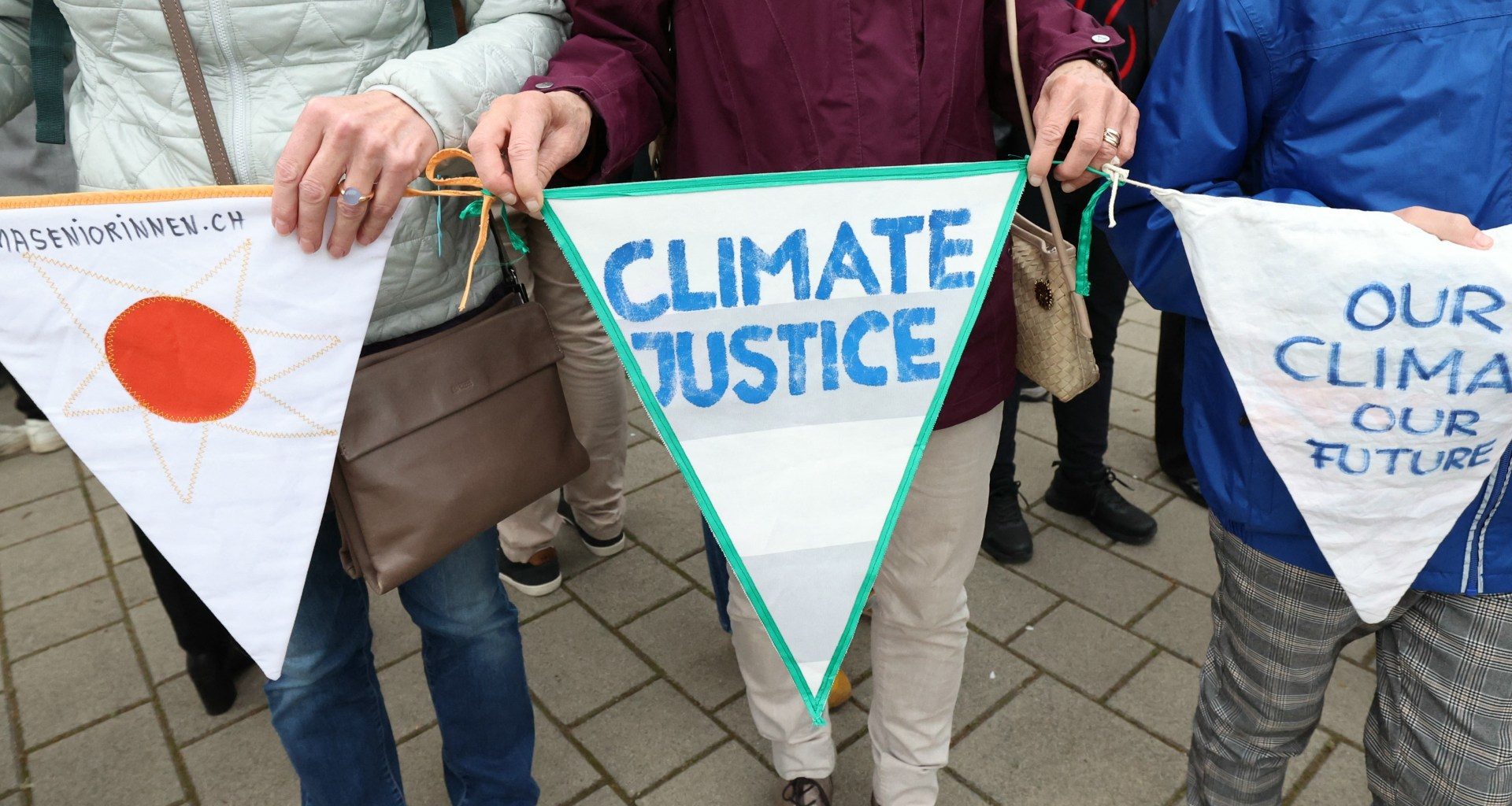Biggest survey of its kind polled 75,000, finding that majority want quick transition from fossil fuels to clean energy.
Four in five people want their countries to ramp up efforts in the fight against climate change, according to a United Nations survey billed as the largest yet on the issue.
The UN Development Programme (UNDP) published the poll on Thursday, finding that a majority of people in 62 of the 77 countries surveyed said they supported a quick transition away from fossil fuels to clean energy.
These included the world’s biggest greenhouse gas emitters, with 80 percent in China and 54 percent in the United States supporting the move, though respondents in Russia were notably less keen, with only 16 percent approving.
“As world leaders decide on the next round of pledges under the Paris Agreement by 2025, these results are undeniable evidence that people everywhere support bold climate action,” said Cassie Flynn, UNDP global climate director.
Conducted in collaboration with Oxford University and GeoPoll, the survey posed 15 questions by randomised telephone calls to 75,000 people in 77 countries, the populations of which represent 87 percent of the world’s total – making it the biggest poll of its kind.
Overall, 80 percent of those polled wanted to see stronger commitments to addressing the problem, the clamour for action rising to 89 percent in poorer countries feeling the brunt of climate change.
Climate anxiety was higher in poorer countries like Fiji, where 80 percent are more worried about the problem compared to a year ago, followed by Afghanistan (78 percent) and Turkey (77 percent). Saudi Arabia saw the lowest increase in climate fears, with 25 percent more concerned.
Overall, the survey found 56 percent of respondents said they think about climate change at least once a week. Over half of those surveyed said they were more worried about climate change than last year, compared with 15 percent who said they were less worried.
Climate change is also changing people’s lives, with 69 percent of respondents saying that global warming had impacted major decisions, such as where to live or work and what to buy.
But Achim Steiner, head of the UNDP, said these concerns do not necessarily translate into electoral and consumer decisions.
He pointed to what he called a “perception gap” when it comes to climate action, summing up people’s typical reaction as: “I would do more. But the others won’t. So I will not do anything.”
Read More: World News | Entertainment News | Celeb News
Aljazera
